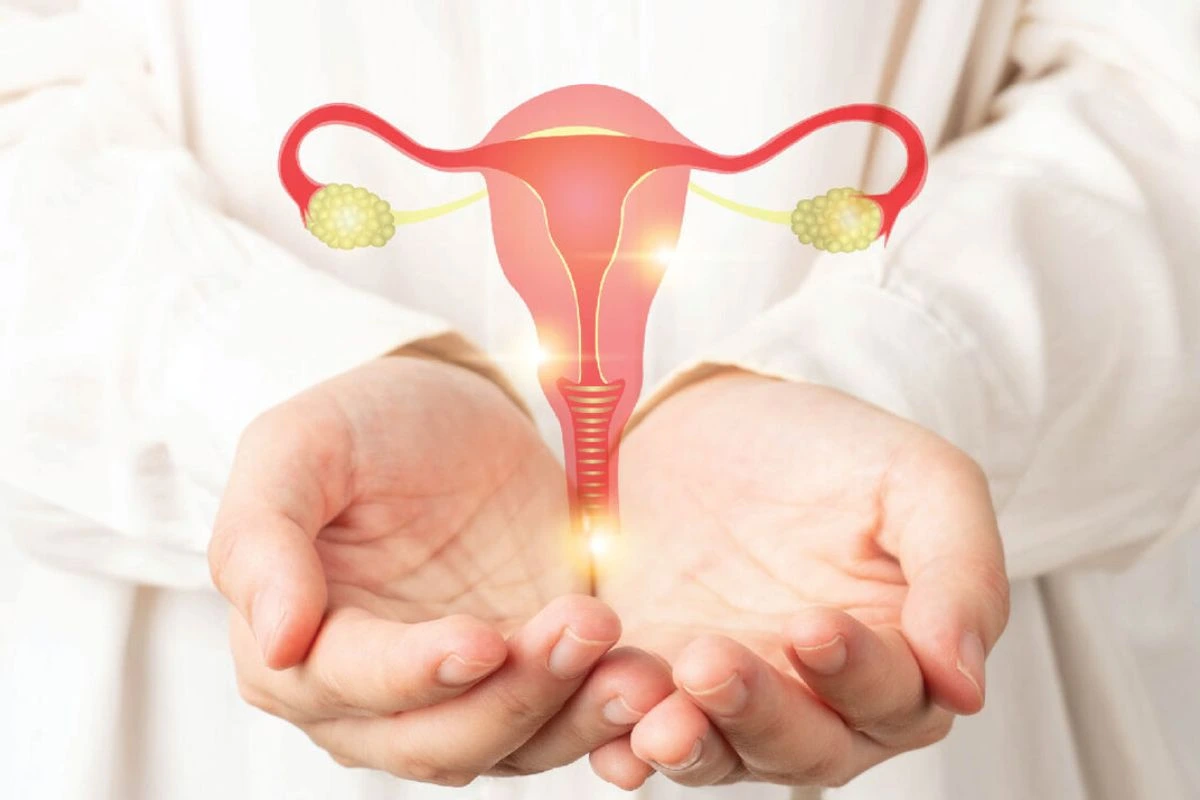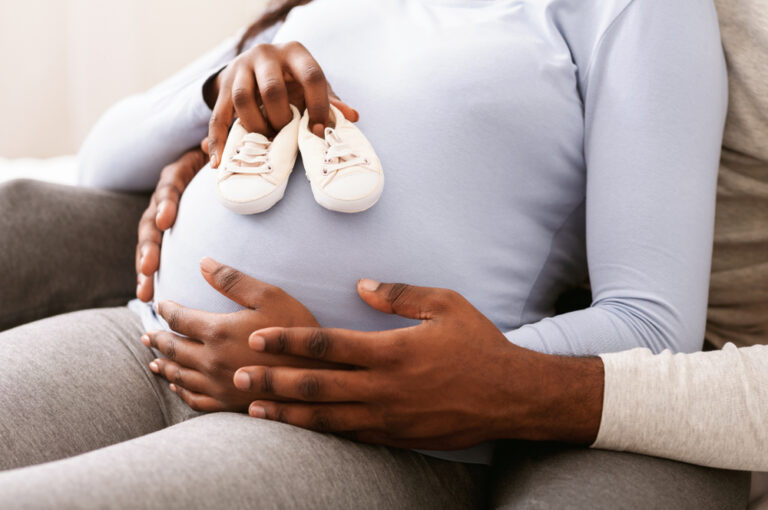Parenthood rarely begins with a single choice; it usually unfolds through a series of careful, sometimes invisible, steps. One of the first is the health assessment. Long before baby clothes or name lists, future parents quietly review their physical readiness.
For couples, this often means understanding each partner’s medical background and identifying any conditions that might complicate conception or pregnancy. For single women, the process is equally essential: reviewing medications, checking vaccinations, assisted reproductive treatment, and having a doctor screen for common but silent health issues.
Navigating the Maze of Fertility Awareness
Knowledge of the body is another subtle but vital step. Fertility awareness goes beyond tracking dates on a calendar. It is about noticing everyday rhythms, body temperature shifts, changes in cervical fluid, and subtle cues that mark ovulation.
Learning these signals creates a different kind of intimacy, not only between couples but also between an individual and their own body. For some, this process reduces anxiety, replacing guesswork with a sense of clarity. For others, it highlights when it might be time to ask for professional advice. Either way, it is an empowering act of connection that costs nothing but attention.
When Conception Isn’t Straightforward ─ Demystifying the Diagnostic Journey
When pregnancy doesn’t happen right away, the silence that follows can be heavy. This is when the diagnostic journey begins. It isn’t a verdict, but a methodical search for answers.
Doctors may suggest tests that examine hormone levels, ovarian reserve, sperm quality, or the condition of reproductive organs. Each step adds detail to a picture that was previously incomplete. For many, it’s a shift in perspective, realizing that the absence of immediate success is not failure, but simply a call for deeper understanding.

The Emotional Terrain ─ Building Resilience for the Path Ahead
Beneath the medical framework lies the emotional journey. The hope of new life can be exhilarating, but it is often accompanied by periods of frustration and doubt. Preparing emotionally is as important as preparing physically.
Couples may need to learn how to share expectations without placing blame. Single women may need to cultivate resilience and self-trust, especially when making decisions independently. Building emotional strength can take many forms, private reflection, open conversations with trusted friends, or professional counseling. Boundaries with family and social circles can also be protective, giving space to process emotions without external pressure.
Exploring the Spectrum of Assisted Reproductive Options
For some, medical support becomes part of the journey. Assisted pathways are diverse, ranging from procedures like intrauterine insemination to more advanced processes such as in vitro fertilization. Donor eggs, donor sperm, or embryos may also be part of the conversation.
These choices can feel overwhelming at first, but understanding them step by step brings clarity. Each approach has its place depending on circumstances.

Preparing the Whole Self ─ Mind, Body, and Environment
Parenthood is not only about fertility, it is also about creating conditions that support health and balance. Nutrition often takes center stage, with a focus on whole foods, hydration, and key vitamins. Yet mental well-being is equally important. Practices such as meditation, yoga, or even simple breathing exercises can help manage the stress that often accompanies this period of waiting and planning.
Environmental awareness also matters. Reducing exposure to toxins in daily life, whether in household products, plastics, or even air quality, adds another layer of care. These adjustments are not quick fixes but steady investments in overall well-being. They create a more supportive backdrop for conception and pregnancy.
The Financial and Logistical Realities of Building a Family
Practicality often hides behind the more emotional and physical aspects of preparation. Parenthood, particularly when medical support is involved, requires planning for time, resources, and commitments.
Future parents, before planning their baby, might need to consider work schedules, the number of medical appointments, and the practicalities of travel to clinics. Financial preparation also plays a role, thinking ahead about savings, insurance, or flexible payment plans.
While these discussions may not be romantic, they ensure that the emotional and physical journey is not overshadowed by logistical surprises.

For the Solo Traveler ─ the Unique Journey of Single Motherhood by Choice
Parenthood is not reserved for couples. More women today choose to pursue motherhood independently, and their preparation carries its own distinct rhythm.
For them, decisions about using a known or anonymous donor can be deeply personal. Legal consultations help clarify parental rights, while support networks, friends, family, or professionals become crucial companions along the way. The journey of solo motherhood requires courage, but also deliberate community-building.
This path demonstrates that parenthood is not defined by structure, but by intention and care. Whether alone or with a partner, the act of preparing creates a strong foundation for the future.
The hidden steps of preparing for parenthood are not always visible to the outside world. They happen quietly, in doctors’ offices, in late-night conversations, in journals, and in small everyday choices. They are less about perfection and more about readiness: physical, emotional, and practical.
Parenthood is rarely a straight line. For some, it is a winding path filled with reflection, support, and resilience. By recognizing these hidden steps and walking them with intention, the journey becomes less about uncertainty and more about growth.

